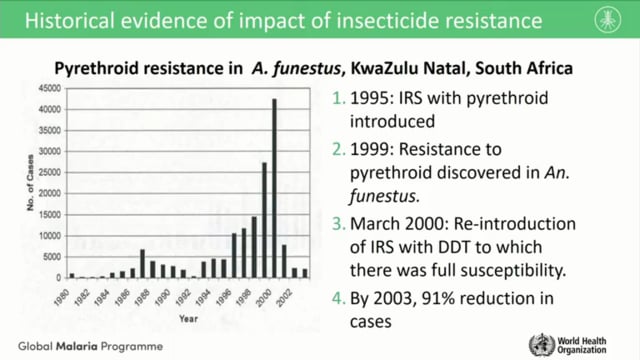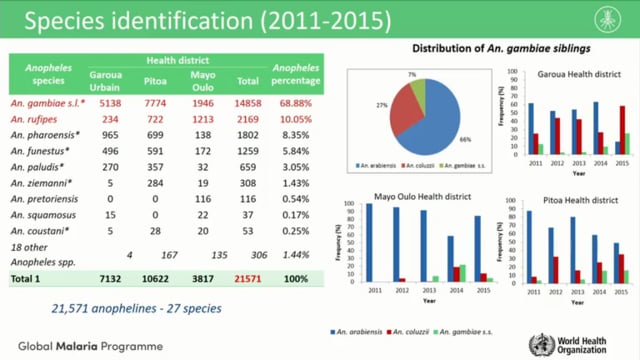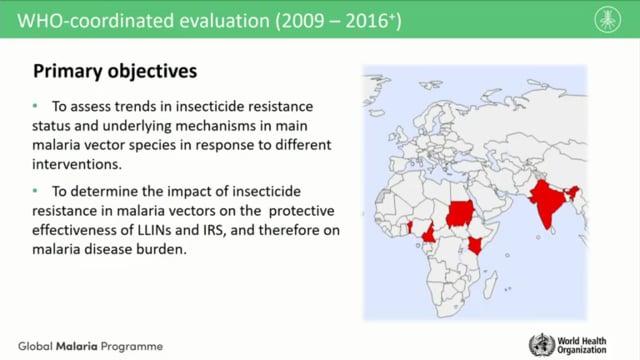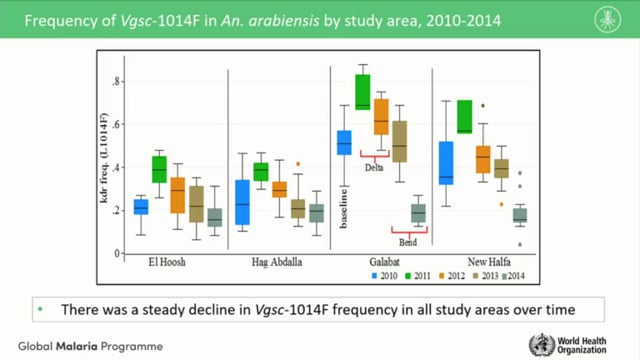ASTMH 2016, Immo Kleinschmidt: “Implications of insecticide resistance: key evaluation findings and implications for malaria vector control”
Published: 15/11/2016
In collaboration with ASTMH, Image Audiovisuals, and session presenters, MESA brings you this webcast from the 65th ASTMH annual meeting in Atlanta, November 2016.
Title: “Implications of insecticide resistance: key evaluation findings and implications for malaria vector control”
Speaker: Immo Kleinschmidt, London School of Hygiene and Tropical Medicine (LSHTM)
Session information: Symposium 118: “Implications of Insecticide Resistance on Malaria Vector Control: Outcomes from a Multi-Country Evaluation”
Tuesday, 15 November, 10:15am – 12:00 pm, Marriott – Imperial A
Abstract:
Recent progress in reducing malaria disease burden through the substantial scale up of insecticide-based vector control could be reversed by the widespread emergence of insecticide resistance in malaria vectors. However, the actual impact of insecticide resistance on the protective effectiveness of insecticide-treated nets and indoor residual spraying has not been well characterized. In 2009, the WHO Global Malaria Programme with funding from the Bill & Melinda Gates Foundation initiated a multi-country study to ascertain the potential loss of epidemiological effectiveness of these core insecticidal interventions as a result of decreased susceptibility of malaria vectors to the insecticides used. The longitudinal study was completed in four African countries (Benin, Cameroon, Kenya and Sudan) in 2016. In this symposium we will review key outcomes from the study and discuss the implications for malaria control and elimination.
THEMES: Insecticide Resistance | Vector Control



